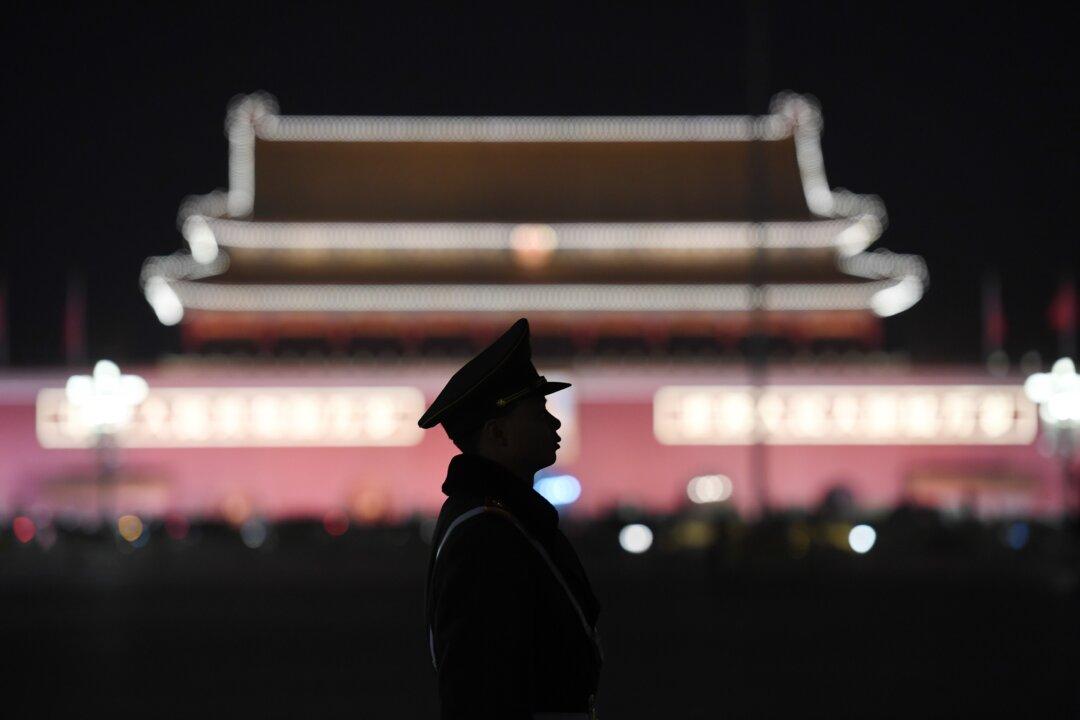The Chinese regime is exerting political influence in Dutch universities and research institutions, a think tank report has warned.
The report, published by the Clingendael Institute, a leading Dutch think tank on international affairs based in The Hague, concluded that “there is political influence by China in higher education and science in the Netherlands.”





